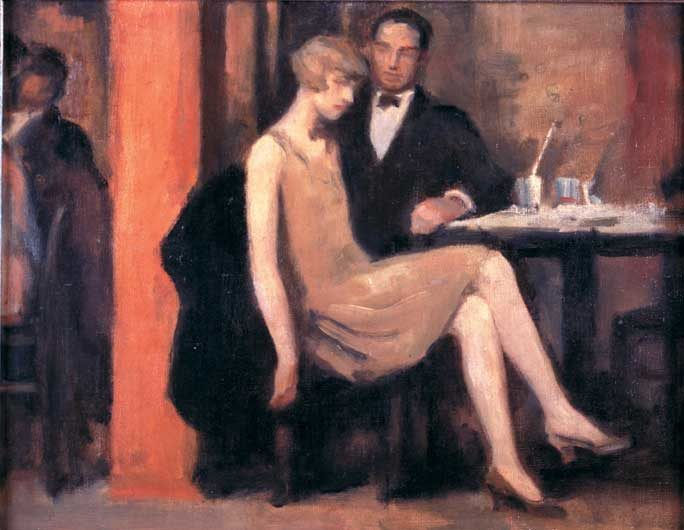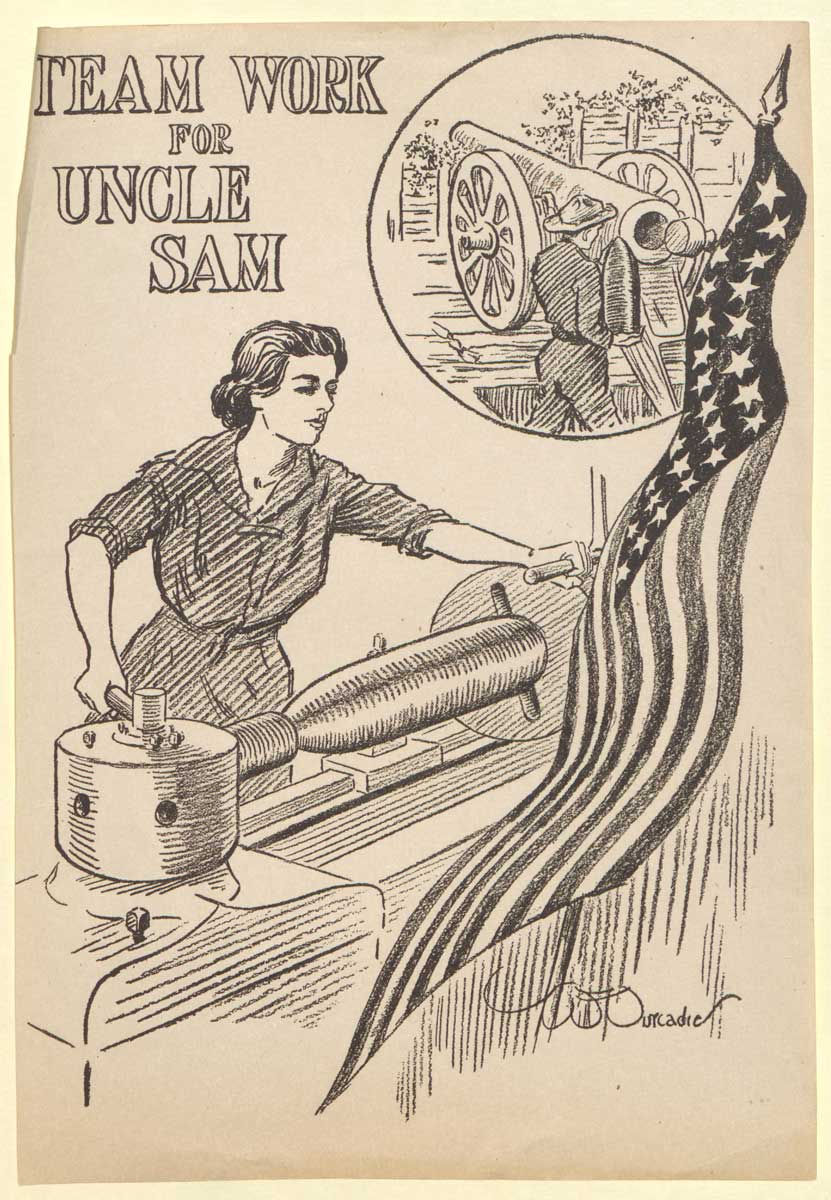Extinction of Woman: Part 2 (History)
- Casey G.

- Aug 14
- 7 min read
Updated: Aug 16
I should like to clarify that many of my views were not taught. I had a pretty typical 90’s secular upbringing. I went to a more liberal Christian church. I left college a feminist and a Democrat. Once away from the small world of government school indoctrination, I began to travel and study my own books. I began to realize that the world I grew up in was not what I thought it was. In the past few years alone, I’ve been challenging everything I was ever taught.
You see, I am a big ole history dork (I was literally at a local history museum yesterday). Most of my views come from studying history. Particularly, the ultimate and oldest history book, The Bible. In all my studies, I realized that for thousands of years, from the very beginning of the world, women didn’t lead or rule. From Israelites to Native Americans to modern day tribes. They didn’t rule over men. They didn’t preach to them. They didn’t go to war with them. They didn’t work outside the home. They didn’t focus on formal education. They didn’t even leave their home until they were married. They didn’t live alone. They didn’t have separate money. They didn’t operate their own transportation. They didn’t separate from their families to go on girls' trips or drop their child off at daycare for their weekly pedicure. There was no concept of self in the ancient woman. Woman was always a helper. It was never about what she wanted or what made her happy.
So I asked myself…why now? In the past 100 years, why have we suddenly decided to change?
To understand why we radically rebelled against the way woman operated for thousands of years, we must understand vital historical events. Hint: we’ve been fooled for the second time, ladies…
“The concept of the New Woman emerged in the late nineteenth century to characterize the increasingly independent activity of women, especially the younger generation. According to one scholar, "The New Woman became associated with the rise of feminism and the campaign for women's suffrage, as well as with the rise of consumerism, mass culture, and freer expressions of sexuality that defined the first decades of the 20th century.”

The first feminist movement started amongst privileged white women in America in 1848. The women’s desire to vote came from the desire for unmarried women to own land and be self-sufficient. In their defense, America had produced an epidemic of drunk, abusive men. (Later birthing the prohibition movement.) I don’t blame them for wanting to go solo. Even though we weren’t designed to. But I get it.
However, the next generation of suffrage women were described in anti-suffrage literature as “rude, unmarried, unattractive” women (think the modern "me to" movement). They were loud and demanding. They claimed to be a voice for married women who didn’t have a voice (in their opinion). The anti-suffrage party (mostly made up of Christian women) fought against women’s right to vote for 85 years. They worried it would make women “gullible targets”. Boy were they right…
*I highly recommend every person study the women’s suffrage movement in depth. In my opinion, women’s right-to-vote was a pivotal event towards the fall of woman (again).
Moving on…

In 1886 Pope Leo XIII had a vision that God had granted Satan 100 years to destroy The Church.
Yoga was first introduced in America by Swami Vivekananda in 1893.
At the end of the 1800’s, a young woman named Ellen G. White sees visions and is manipulated by a group of powerful men to start her own church and introduces vegetarianism to America which evolves into veganism by the 1960s.
In the early 1900s, we see immense greed, power, and our first political elites to the likes of Rockafeller, Vanderbilt, J.P. Morgan, and so on. These elites quickly take control of the Public School System to “focus on what was taught in schools in order to push for curricula that aligned with their interests and values.”
These same elites bring America the Industrial Revolution which brought us modern conveniences producing Big Ag and Big Pharma.
The Progressive Era brought us the beginnings of the Women's Sexual Liberation Movement and shaving of bodily hair. Women cut their hair in short bobs and tape their breast down to "look more masculine".

The early 1900s also brings us “homes for unmarried pregnant girls” and mental institutions became common.
In 1915, American actress Lois Weber entered the history books when she decided to use full-frontal nudity in her film that was a "protest to the Christian Church".
In the 1920s-1930s, women win the right to vote and Christian women switch their focus to starting the Prohibition Movement to counter the decline of the American man and family.
In 1935, the first woman rabbi was ordained in Germany. That same year, the American Welfare Program began under President Franklin Delano Roosevelt. We start to see more fatherless homes. Particularly in black and rural communities.
In the 1940’s, WWII campaigns like Rosie the Riveter convinced women to leave the home and work in men’s jobs like woodworking and welding. Naturally, as focus shifts to war, women delay marriage and having children. At this time, partially to fully nude pin-up girl illustrations and photographs are created to "boost morale" for soldiers.
By the time men come home from war, women's fashion shifts to pants and shorts for the first time in history. Many were encouraged to stay in the workforce through government campaigns. In 1948, President Harry Truman signs the Women’s Armed Services Integration Act, allowing women to serve as permanent, regular members of the U.S. Armed Forces. At the same time, we begin to see fatherless and motherless homes now.
The first issue of Playboy magazine comes out in 1953.
The 60s gives way to a full blown sexual liberation for women. It has become acceptable for women to drink alcohol and consume drugs.
Black women win the right to vote in 1965.
In 1973, the Supreme Court case Roe v. Wade legalizes abortion nationwide in the United States.
In 1974, married women are granted rights to their own finances. This paves the way for companies (owned by those same elites) to launch highly-aggressive marketing campaigns.
The same year, the "Philadelphia 11" were 11 women activists who were ordained as ministers two years before The Episcopal Church voted at the General Convention to even allow it.
The generations of the 80s and 90s gave us complete sexual liberation including the acceptance of homosexuality. Women's fashion shifted to more masculine styles that included shoulder pads "to appear more like a man". And eating disorders are glamorized through pop culture.
In 1994, Defense Secretary Les Aspin officially rescinds the “risk rule,” which excluded women from combat units or missions that risk exposure to direct combat, hostile fire or capture.
By the early 2000s gay marriage is legally recognized by the federal government. The first openly homosexual leader in a major Christian denomination is consecrated as a bishop in the Episcopal Church in 2003. And celebrity sex videos explode as apart of pop culture.
The "Don't Ask, Don't Tell Repeal Act of 2010" officially ended the "Don't Ask, Don't Tell" policy in the U.S. military, allowing gay, lesbian, and bisexual individuals to serve openly.
In 2021, Dr. Rachel Levine becomes the nation's first transgender and openly gay four-star officer.
In March 2022, William Thomas becomes the first openly transgender athlete to win an NCAA Division I national championship in any sport after winning the women's 500-yard freestyle swim after beating a young woman named Emma Weyant.
As of 2024, approximately one in four college-aged females in the U.S. has a sexually transmitted infection. The U.S. has a significantly higher maternal mortality rate compared to other wealthy nations. And the U.S. divorce rate remains at 45% for first marriages.
And thus America had produced a completely independent, ambiguous woman. We’d made it to the promised land. A’ta girls!
“I do not believe that women are better than men. We have not wrecked railroads, nor corrupted legislature, nor done many unholy things that men have done; but then we must remember that we have not had the chance.”
Jane Addams

Well, we got what we wanted. Equality at its fullest. And boy have we managed to make things worse than those ole foolish men. It reminds me of that time the Israelites demanded God give them a King to rule them “like the gentile nations”. Samuel warns them this isn’t the way. Turn back to God, you fools! But Samuel had no leg to stand on as he himself was failing the Israelites. Samuel, a good man, a spiritual leader to the nation of Israel had failed as a father, as a man, and as a leader. Could you blame the people for wanting a different way? A way they themselves thought would be better.
Spoiler alert: God gives them over to their desires and the whole king thing made the already existing problems ten times worse. All they had to do was trust God, but what does He know? Second Peter 2:19 warns against this: “They promise them freedom, but they themselves are slaves of corruption, since people are enslaved to whatever defeats them.”
They got us, ladies. They defeated us. We’re not okay. The Christian woman is not okay. She has been captured. The secular world has not only influenced, but infiltrated The Church. Their gods have captivated us in the dimly lit corners of Christianity.
Maybe we didn't create this culture. But we did participate in this total misalignment of Woman. Yes, the secular world came in like a hurricane and ravaged us. But because we, Christian women, gave up. Gave in. We have allowed it. Some even normalizing it, accepting it, and participating in it. We've been fooled...again.
The question is, do we have the courage to break free, reverse course, go back home, and tear down the past 100 years?
~Casey G.
References and Recommendations:
The Body Project: An Intimate History of American Girls
Plucked: A History of Hair Removal
Rabinovitch-Fox, Einav (2017). "New Women in Early 20th-Century America". Oxford Research Encyclopedia of American History. Oxford Research Encyclopedias. doi:10.1093/acrefore/9780199329175.013.427. ISBN 978-0-19-932917-5. Retrieved May 28, 2020.
_20250131_214423_0000.png)
Comments